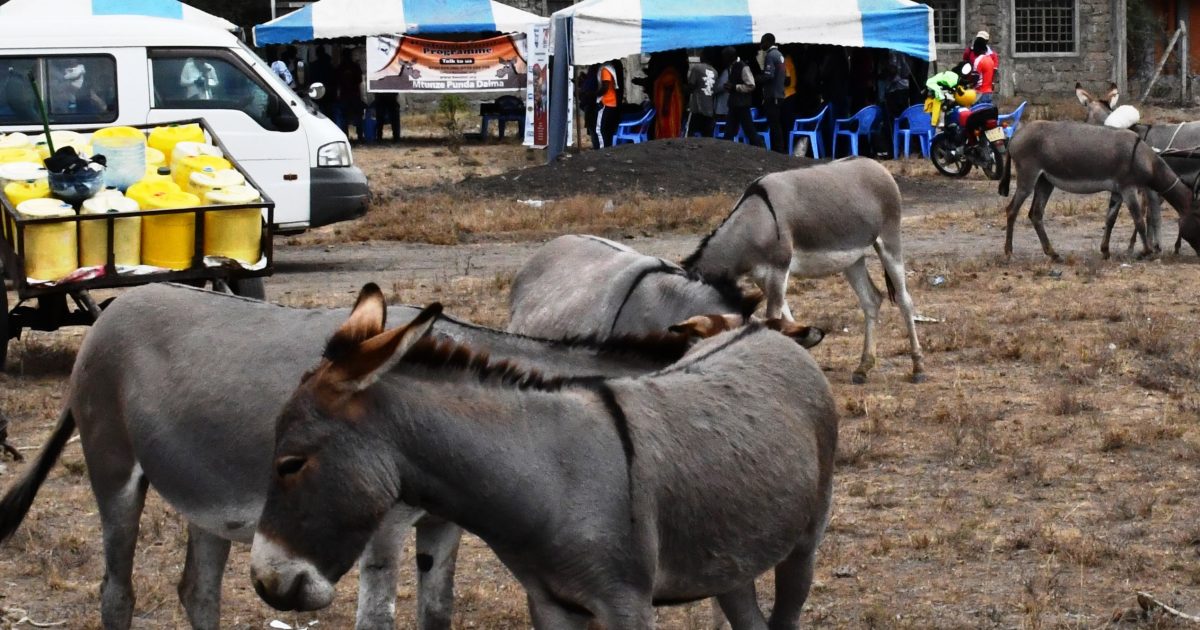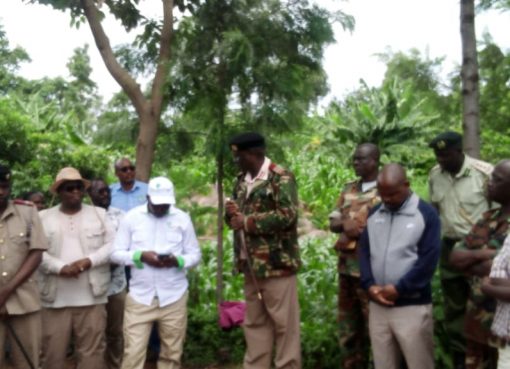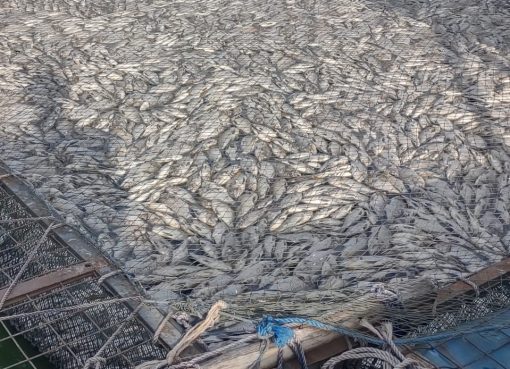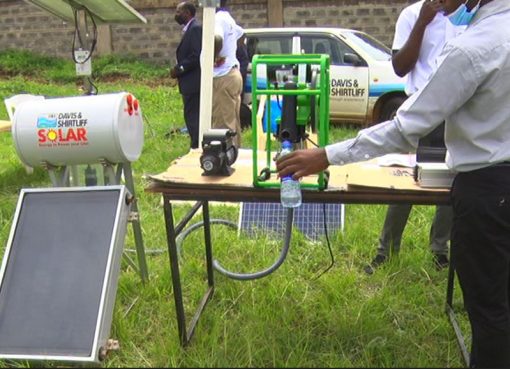Donkey stakeholders in Ruai, Nairobi County have raised concern over the re-emergence of donkey theft and slaughtering in the neighboring counties fearing that the trend may extend to the city.
They said ever since reports emerged that 15 donkeys were found slaughtered in Nyandarua and others in Machakos and Naivasha within the month, they rarely sleep guarding their animals from thieves.
Led by their chairman Kamuiru Muthamia, the farmers said they cannot afford to lose the animals since they heavily rely on them to make a living. They called on security organs to be alert to help avert such cases.
“Since the government’s ban on the slaughter of donkeys, the population has slowly increased in Nairobi. If you look around, every female donkey has a young one which is encouraging,” said Muthamia.
His sentiments were echoed by Martin Mwiti, a representative from Kenya Network for Draught Animal Technology (KENDAT), a CBO that deals with donkey welfare who called on donkey owners to be vigilant to curb such incidents.
“Farmers need to protect their donkeys against thieves because if you leave them to loiter around, they will be stolen and slaughtered. The thieves are remerging,” Mwiti said.
The farmers at the same time complained of lack of feed due to the ongoing drought which has made their animals to weaken to the extent that they cannot carry huge loads.
Joel Mwangi has five donkeys in Githunguri area, Utawala which he uses to supply water and construction materials in the upcoming estates. On a good day, he can make more than Sh6, 000 from his animals.
However, it has been a difficult few months due to lack of feeds. He allows his donkeys to loiter around to look for feeds. This has made him get embroiled in cases of his donkeys trespassing into other people’s farms and plots and is forced to pay more than Sh10, 000 to get his animals back from local chiefs.
Kasarani Sub County Veterinary Officer Judith Barasa said farmers flock to their office each week to report cases of their donkeys being held after trespassing other people’s farms and plots.
She advised the farmers to join groups which they can use to get feeds from groups from other counties that have not been affected by the drought, among other benefits.
“The farmers can use the groups to secure loans to buy farms for grazing their animals; get feed from groups from other counties and use them to seek veterinary support in case their animals are sick or have other problems,” said the officer.
By Muoki Charles





